Please note that the Healthy Schools Service is not responsible for the content of external sites.

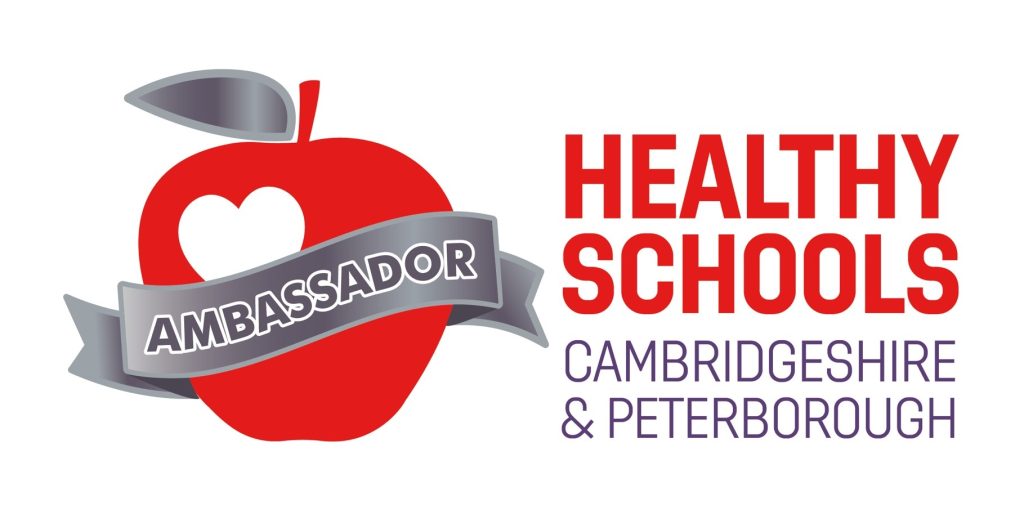
Congratulations to Bar Hill Primary School on the achievement of the Healthy Schools Ambassador Award.
Please note that the Healthy Schools Service is not responsible for the content of external sites.


Congratulations to Bar Hill Primary School on the achievement of the Healthy Schools Ambassador Award.
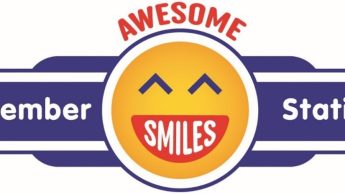
Awesome Oral Health – September Smile Stations
Following the success of the Awesome Smiles September Stations last year, this programme is being funded again by Cambridgeshire County Council to offer a whole school approach to Oral Health promotion. All primary schools throughout Cambridgeshire are encouraged to set a date in September and have fun with a circuit of activity stations to encourage all pupils from reception to KS2 to get excited about caring for their smiles. All resources and instructions for the activities are provided by Awesome Oral Health.
Accredited by the British Society of Dental Hygiene and Therapy (BSDHT), the digital downloadable resources (including mini videos) are now available and can be accessed for free here.

Healthy Belonging – A PSHE Curriculum Enrichment For Year 6 Pupils – Is Now available To Download
The Healthy Belonging Module has been designed in response to enquiries from many schools about a resource to support primary teachers address the risk of county lines and knife crime in an age-appropriate way.
The module has been commissioned by Cambridge City Council on behalf of the Community Safety Partnership and the Office of Police and Crime Commissioner and has been developed in collaboration with the Cambridgeshire PSHE Service, The Safeguarding Board and Rewise Learning .
It comprises of three ready to deliver presentations, each with a Teacher Guide to support the PSHE curriculum for Year 6 pupils.
The focus of each part of the module is as follows:
Part 1: Identifying characteristics of healthy friendships
Part 2: Identifying coercive behaviours often linked to county lines
Part 3: Identifying behaviours and resisting pressure to carry a knife.
All the lesson activities and resources adhere to good practice PSHE principles which encourage the exploration of characters and themes through discussion and animation.
The recommendation is for the three sessions to be delivered consecutively during the Summer Term to complete the teaching on Healthy Relationships.
To find out more and gain access to the resources visit: Healthy Belonging – A module for Primary Schools – Healthy Schools (healthyschoolscp.org.uk)
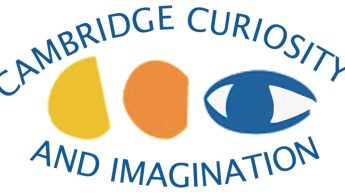
Artscaping – Free Resources To Support The Establishment Of Art-In-Nature Opportunities In School
Artscaping is an established arts-in-nature programme run by arts and well-being charity Cambridge Curiosity and Imagination (CCI). It supports learning, mental health and wellbeing and focuses on how all children can flourish. Recent research with primary schools across the county has demonstrated how schools can establish teams of Community Artscapers to run their own nurture groups. The impact of Artscaping can be viewed here: https://www.cambridgecandi.org.uk/resource/eco-capabilities-2021
Two new free resources that share the learning and research to date are now available on the CCI website. There is a fully illustrated Guide to Artscaping, and a thirty-minute introductory webinar including interviews with children, artists, staff, headteachers and researchers.
The Artscaping Guide and webinar can be accessed here:
https://www.cambridgecandi.org.uk/our-work/schools/amplifying-artscapers
For more information about CCI and Artscaping, visit the CCI website: www.cambridgecandi.org.uk/ or contact Ruth Sapsed: [email protected]

Find resources here on the themes of: drugs, alcohol, smoking and vaping, oral health, hygiene, puberty, relationships, LGBTQ, living in the wider world

Find resources here on the themes of: bullying, on-line stress, exam stress, bereavement, sleep and healthy minds.
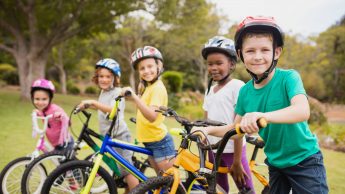
Find guidance and information on the themes of: road safety, water safety, fire safety, safeguarding, first aid, crime and the law and online safety.

Find out how to get involved in delivering a universal resilience programme through which young people will be enabled to acquire the skills to help them avoid risk taking behaviours, choose healthy lifestyles and improve their long term health outcomes.

Find guidance to support young people to become physically literate, active, happier and more self-assured and resilient. Resources also focus on walking and cycling initiatives as well as swimming and The Daily Mile
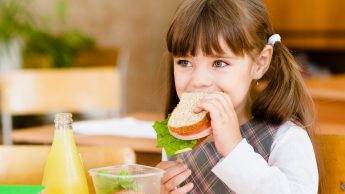
Find here a range of practical activities to encourage healthy eating as well as information to support school food standards, nutrition and food education.